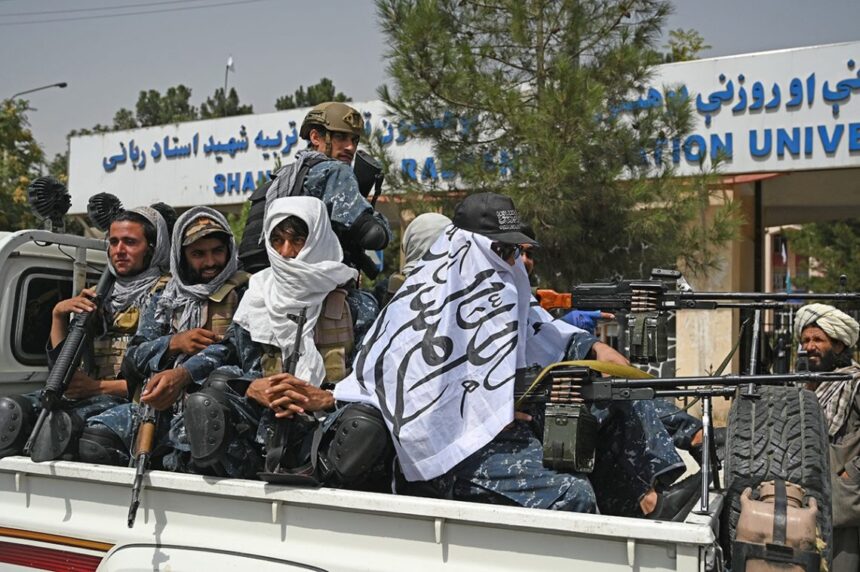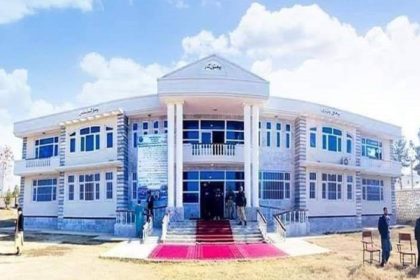RASC News Agency: In a report commemorating the third anniversary of the Taliban’s rule in Afghanistan, the United States Institute of Peace (USIP) has stated that the Taliban’s behavior has remained unchanged since their return to power. The report paints a concerning picture of the current situation in the country. It notes that with the Taliban’s resurgence, the management of ministries and the selection of cabinet members have shown a clear tendency towards Pashtun dominance, particularly in non-Pashtun provinces. The report highlights that the Taliban have dissolved several government departments, replacing them with new entities, such as substituting the Ministry of Women’s Affairs with the “Ministry for the Propagation of Virtue and the Prevention of Vice.”
One of the report’s critical observations is the Taliban’s ethnic and tribal policies, specifically their efforts to Pashtunize administrative structures in non-Pashtun provinces. The report states, “The Taliban have undertaken extensive Pashtun appointments in non-Pashtun provinces, attempting to reshape the administrative framework to align with Pashtun interests. These appointments go beyond the previous placement of senior Taliban members in key roles such as governors, police chiefs, and intelligence heads.” The report also notes that in Badakhshan, these changes were implemented later than in other regions, likely due to the presence of Tajik ethnic elements in the Taliban insurgency there. However, even in Badakhshan, the Taliban have now made significant Pashtun appointments.
The USIP further observed that the Taliban leadership frequently rotates their senior appointees. These changes are not necessarily due to performance issues or apparent failures. Regarding the concealed nature of the Taliban’s leader, the report indicates that Hibatullah Akhundzada is increasingly involved in key decisions, particularly those related to restrictions on women, thereby asserting his authority.
The report also addresses the severe economic downturn, with Afghanistan’s GDP plummeting by 21% in 2021 and another 6% in 2022. No significant recovery has occurred in 2023, and the predicted economic growth remains minimal. Consequently, the report warns that many Afghanistanis will continue to rely on humanitarian aid due to widespread unemployment, loss of livelihoods, and pervasive poverty.
Under the section titled “The Taliban’s Achievements and Failures,” the report criticizes the Taliban’s refusal to establish an inclusive government, a decision widely condemned in the West. It also discusses Afghanistan’s economic challenges, exacerbated by severe droughts in the late 1990s and the Taliban’s first opium ban in 2000, which resulted in substantial pressure on the economy. With an average per capita income of less than $200 and dire social indicators such as high maternal and child mortality rates, the country remains in a precarious state.
The USIP notes that while corruption within the Taliban government is less rampant than under the previous Afghanistan administration, particularly in customs, instances of bribery and corruption continue to be reported in vulnerable sectors like mining. In conclusion, the USIP warns that with limited job opportunities, Afghanistani citizens face a bleak future.






